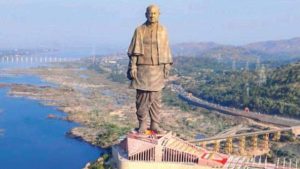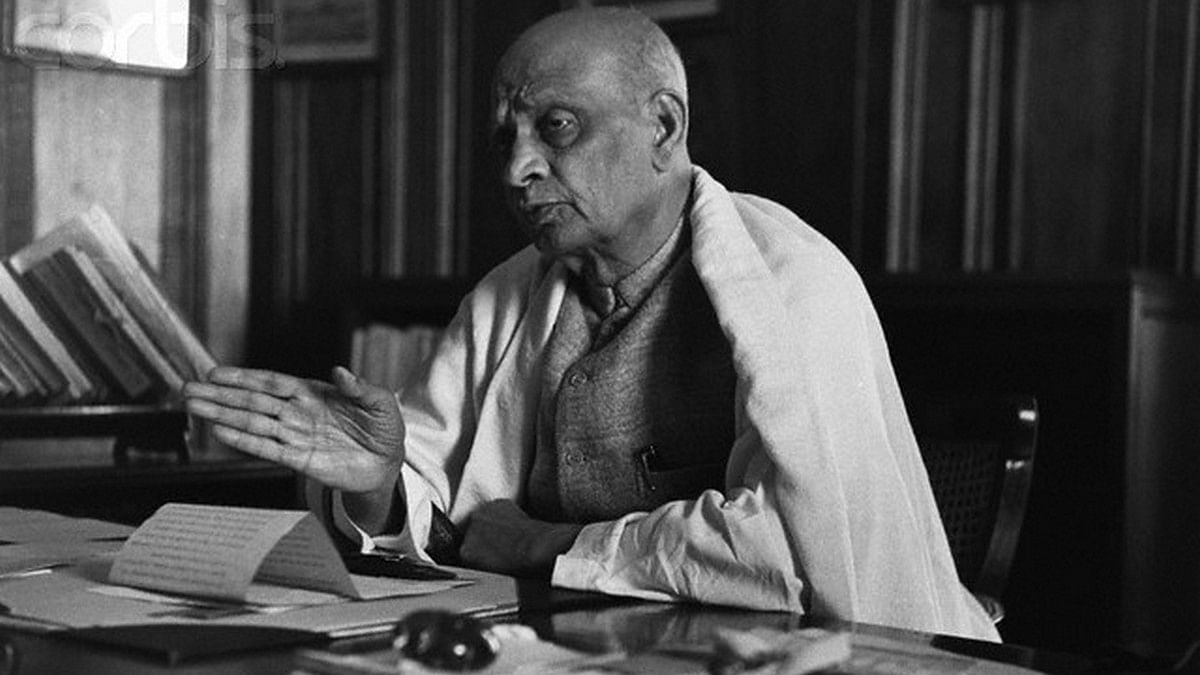Biography
Vallabhbhai Patel was born on October 31, 1875, in Nadiad, Gujarat, India. He died on December 15, 1950, in Bombay (now Mumbai). Indian barrister and statesman, he is one of the leaders of the Indian National Congress. During the struggle for Indian independence. During the first three years of Indian independence after 1947. He served as deputy prime minister, minister of home affairs, minister of information, and minister of states.

Early life and legal career
Patel was born into a self-sufficient landowning family of the Leva Patidar caste. Reared in an atmosphere of traditional Hinduism. He attended primary school at Karamasad and high school at Petlad. But was mainly self-taught. Patel married at the age of 16, matriculated at 22, and passed the district pleader’s examination. Which enabled him to practice law. In 1900 he set up an independent office of district leader in Godhra. And two years later he moved to Borsad.
As a lawyer, Patel distinguished himself in presenting an unassailable case in a precise manner. And in challenging police witnesses and British judges. In 1908 Patel lost his wife, who had borne him a son and daughter, and thereafter remained a widower. Determined to enhance his career in the legal profession. Patel travelled to London in August 1910 to study at the Middle Temple. There he studied diligently and passed the final examinations with high honours.
- Advertisement -
Returning to India in February 1913, he settled in Ahmadabad, rising rapidly to become the leading barrister in criminal law at the Ahmadabad bar. Reserved and courteous, he was noted for his superior mannerisms, his smart, English-style clothes, and his championship in bridge at Ahmadabad’s fashionable Gujarat Club. He was, until 1917, indifferent to Indian political activities.
Political philosophy
Patel, however, was no revolutionary. In the crucial debate over the objectives of the Indian National Congress during the years 1928 to 1931, Patel believed (like Gandhi and Motilal Nehru, but unlike Jawaharlal Nehru and Subhas Chandra Bose) that the goal of the Indian National Congress should be dominion status within the British Commonwealth—not independence.
In contrast to Jawaharlal Nehru, who condoned violence in the struggle for independence, Patel ruled out an armed revolution, not on moral but on practical grounds. Patel held that it would be abortive and would entail severe repression.
Patel, like Gandhi, saw advantages in the future participation of a free India in a British Commonwealth, provided that India was admitted as an equal member. He emphasized the need to foster Indian self-reliance and self-confidence, but, unlike Gandhi, he did not regard Hindu-Muslim unity as a prerequisite for independence.
Patel disagreed with Jawaharlal Nehru on the need to bring about economic and social changes by coercion. A conservative rooted in traditional Hindu values, Patel belittled the usefulness of adapting socialist ideas to the Indian social and economic structure. He believed in free enterprise, thus gaining the trust of conservative elements, and thereby collected the funds that sustained the activities of the Indian National Congress.


